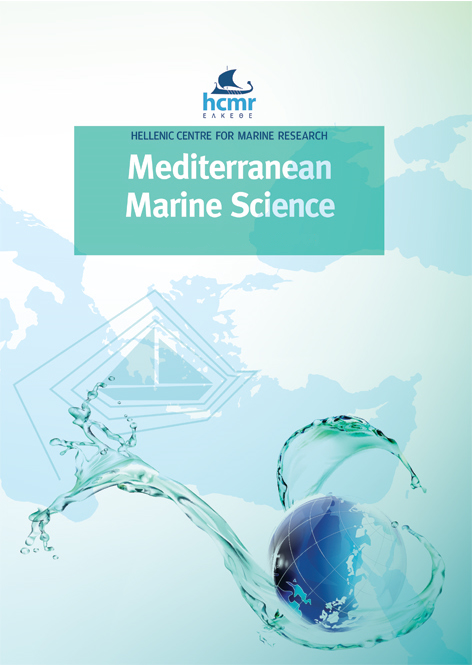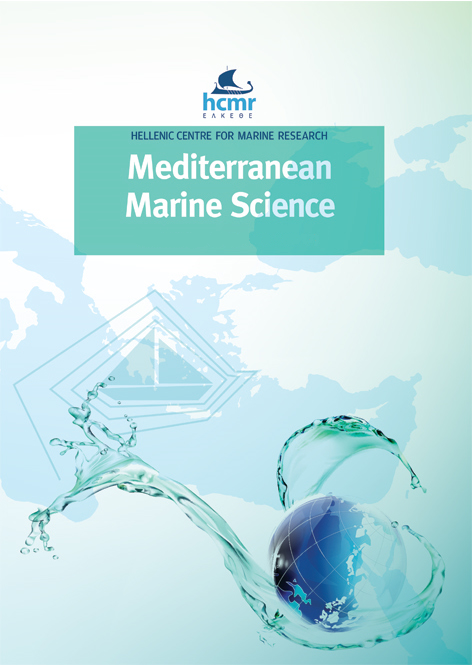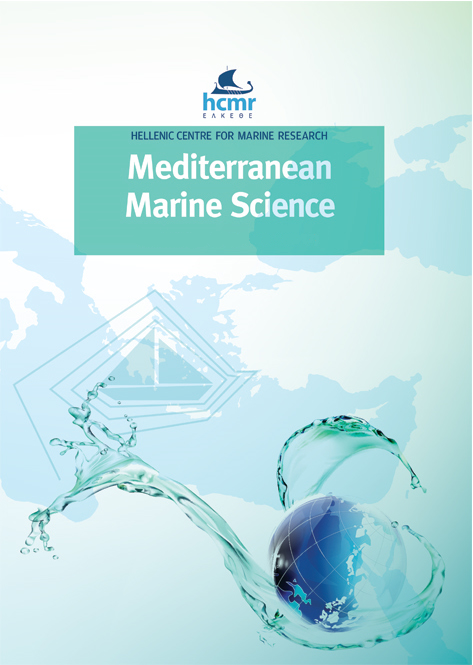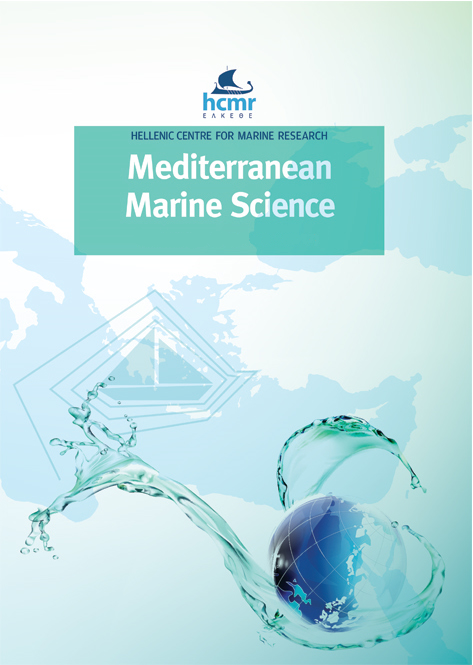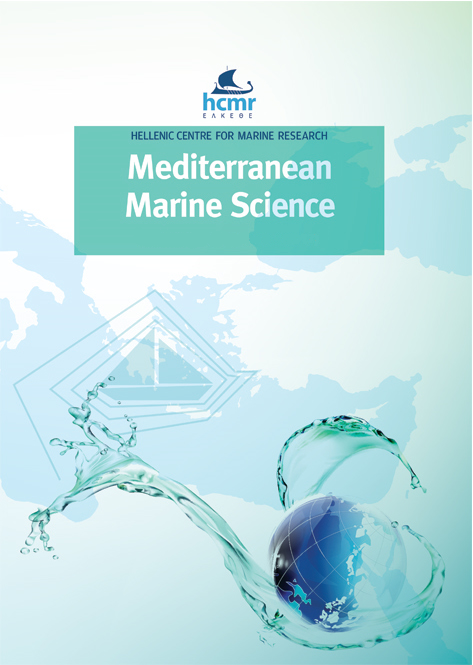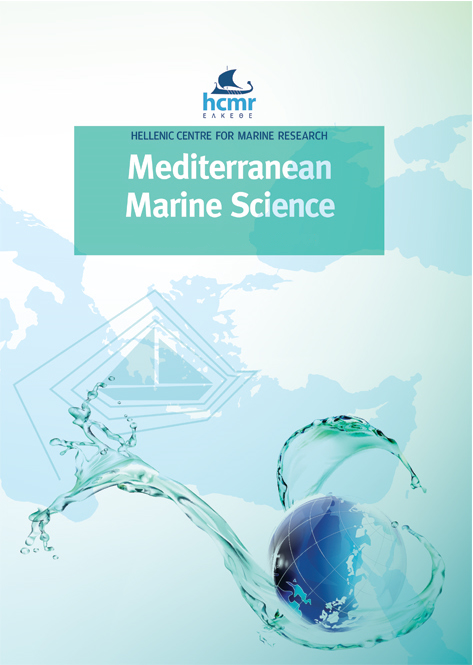Rapid invasion of the non-indigenous brown alga Stypopodium schimperi in the Adriatic Sea
Περίληψη
In this study, we report the first record of the brown alga Stypopodium schimperi in the Adriatic Sea, which also represents the northernmost occurrence of this Lessepsian species within the Mediterranean. Species identification was confirmed through morphological examination and molecular analyses based on genotyping of the chloroplast genes rbcL, psbA, and psaA. During a 3-year observation period, S. schimperi demonstrated a vigorous increase in both coverage and spatial distribution. Starting from a few observed thalli in autumn 2020, coverage reached 100% over a large area. Consequently, this resulted in a drastic reduction of native macroalgae on rocky bottoms, mostly at depths of 5-20 m, which we quantified via photo-quadrat analyses along a gradient of its coverage. In conclusion, this non-indigenous species has the potential to become one of the most invasive in the Adriatic Sea, with a high likelihood of spreading further into the northwestern Mediterranean.
Λεπτομέρειες άρθρου
- Πώς να δημιουργήσετε Αναφορές
-
LUCIC JELIĆ, P., CVITKOVIĆ, I., NEJAŠMIĆ, J., CVJETAN, S., DESPALATOVIĆ, M., MUCKO, M., KVESIĆ IVANKOVIĆ, M., & ŽULJEVIĆ, A. (2025). Rapid invasion of the non-indigenous brown alga Stypopodium schimperi in the Adriatic Sea. Mediterranean Marine Science, 26(3), 657–669. https://doi.org/10.12681/mms.38412
- Ενότητα
- Research Article
Authors who publish with this journal agree to the following terms:
- Authors retain copyright and grant the journal right of first publication with the work simultaneously licensed under a Creative Commons Attribution Non-Commercial License that allows others to share the work with an acknowledgement of the work's authorship and initial publication in this journal.
- Authors are able to enter into separate, additional contractual arrangements for the non-exclusive distribution of the journal's published version of the work (e.g. post it to an institutional repository or publish it in a book), with an acknowledgement of its initial publication in this journal.
- Authors are permitted and encouraged to post their work online (preferably in institutional repositories or on their website) prior to and during the submission process, as it can lead to productive exchanges, as well as earlier and greater citation of published work (See The Effect of Open Access).

